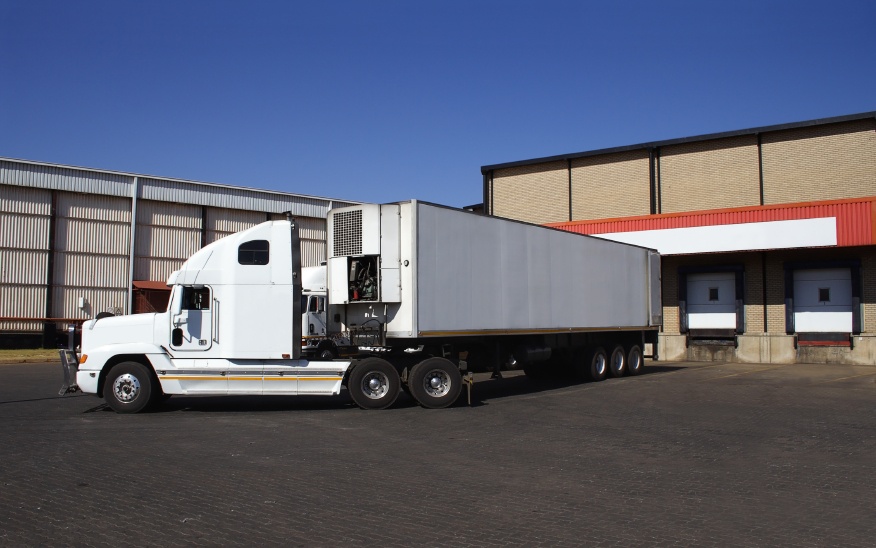Stay Cool. Best Practices for Refrigerated Cargo
Below are some tips of the trade when dealing with refrigerated cargo:
- Does the trailer need to be...

Great West |
Below are some tips of the trade when dealing with refrigerated cargo:

Great West |
The commitment from management is to provide a working environment free from unsafe conditions that...

Great West |
Part 390.5 of the Federal Motor Carrier Safety Regulations (FMCSR) defines interstate and...

Great West |
Cargo theft continues to plague the transportation industry. It may seem that cargo theft is a...

Great West |
In 2010, a massive 8.8 magnitude earthquake centered in Chile, created power outages, landslides,...

Great West |
Whether it is a large motor carrier with several experienced welders in the shop, or a small...

Great West |
Truck drivers involved in a crash, either preventable or non-preventable, have many...

Great West |
Sprains and strains to the muscles, tendons and ligaments, and injury of...

Great West |
My driver was involved in a recordable collision and the hospital took blood in lieu of...